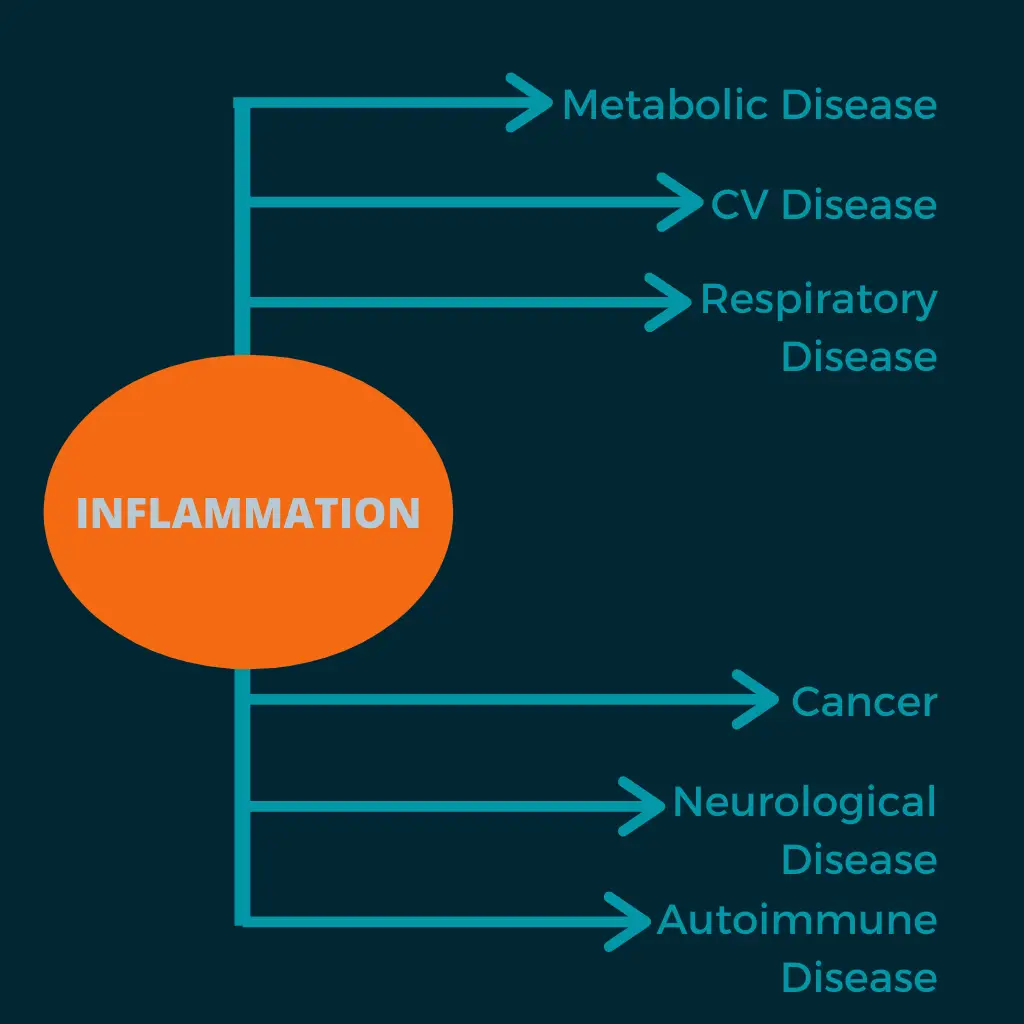Commercializing a Major Medical Discovery
BioAegis is pursuing a game-changing approach to address medical issues that have previously been seen as out of reach — that is, to prevent the damage caused by excess inflammation but to do this without suppressing the immune system, without putting patients at risk for infection.
“We are simply capitalizing on Evolutionary Wisdom with a natural protein, plasma gelsolin, which has fulfilled this role for vertebrates for millennia.” – Susan L. Levinson, CEO
Active Phase 2 Trials with FDA Fast Track Designation
US Navy-Supported Trial: Decompression Sickness, an Inflammatory Condition
BioAegis has advanced recombinant human plasma gelsolin (rhu-pGSN) into a Phase 2 clinical study specifically targeting inflammasome-driven decompression sickness (DCS). The program is being supported by the U.S. Navy’s Office of Naval Research and has received US Fast Track designation, validating both the mechanism and the strategic importance of this indication. This study will have major implications across other inflammatory conditions.
DCS, also known as ‘the bends’ in scuba divers is an inflammatory reaction to high-pressure exposure followed by a relatively rapid decrease in pressure which can cause nitrogen gas that had been dissolved in blood and tissues to form gas bubbles in the circulation. Localized deep pain, ranging in severity from mild to excruciating occurs in DCS. The bubbles formed in DCS can interfere with blood flow to tissues and lead to ischemic consequences which can result in severe complications including brain and spinal cord infarction causing numbness, paralysis, impaired coordination and disorders of higher cerebral function, and may even lead to death. Importantly, these consequences can persist despite hyperbaric chamber treatment.
Rhu-pGSN modulates the inflammatory cascade, including inflammasome activation, which is central to DCS pathology. By targeting this underlying immune response rather than just managing symptoms, rhu-pGSN offers a novel therapeutic approach to prevent organ damage triggered by bubble-induced endothelial injury.
600-Patient Global Study: Infection-Driven Acute Respiratory Distress Syndrome
Acute Respiratory Distress Syndrome (ARDS) has severe consequences for patients with NO current therapies to treat the condition other than supportive care. In the US alone, ARDS affects over 700,000 patients per year or roughly 10% of all ICU admissions. The mortality rate for ARDS is ~40%. This mortality as well as damage to organs such as the lung is driven by excess inflammation.
Plasma gelsolin, a normal human protein which regulates the inflammatory process, is critically depleted in ARDS patients and has been shown to address both injurious and infectious inflammation in multiple studies. Treating patients with recombinant human plasma gelsolin (rhu-pGSN) holds much promise for addressing the over exuberant inflammatory response that can lead to ARDS and the subsequent high mortality levels. We are currently conducting a global phase 2 clinical trial for patients with moderately to severe ARDS due to pneumonia or other infections.
We are collaborating with the BARDA DRIVe Solving Sepsis program, to further develop plasma gelsolin for ARDS. BARDA is a division of the US National Institutes of Health and ASPR (Administration for Strategic Preparedness and Response).
The Case for ARDS
Depletion of Plasma Gelsolin Leads to Dysregulated Inflammation

$50B PIPELINE MARKET OPPORTUNITY
As a master regulator of the immune system, rhu-pGSN is a game-changing anti-inflammatory without immunosuppressive properties. In a wide range of diseases, it balances the inflammatory process to prevent the spread of excess inflammation while simultaneously enhancing antimicrobial defense; thus preventing severe consequences, and greatly improving survival.
We are pursuing multiple secondary indications with unique formulations suited to chronic therapy. Data from animal studies support efficacious treatment via routes of administration suitable for patient-delivered therapy, including by inhalation and subcutaneous injection.
Applying Cutting Edge Manufacturing
We have partnered with a major contract manufacturer to produce GMP material for clinical and commercial use. Highly productive and efficient processes have been developed for manufacture of this recombinant protein.
Multiple GMP manufacturing runs have been completed and drug product suitable for hospital use has been produced. Long-term drug product stability exceeds 72 months and currently supports a 48 month shelf life.

